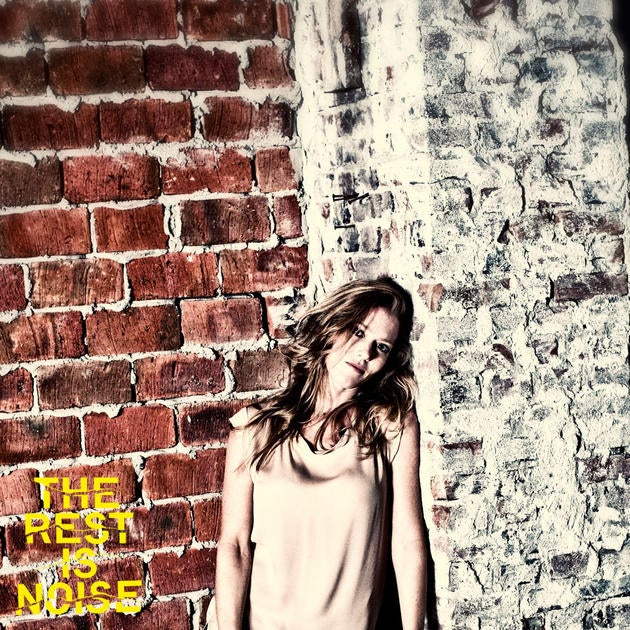Barbara Hannigan, Reinbert de Leeuw, Quatuor Diotima, The Rest Is Noise, Queen Elizabeth Hall, London

Your support helps us to tell the story
From reproductive rights to climate change to Big Tech, The Independent is on the ground when the story is developing. Whether it's investigating the financials of Elon Musk's pro-Trump PAC or producing our latest documentary, 'The A Word', which shines a light on the American women fighting for reproductive rights, we know how important it is to parse out the facts from the messaging.
At such a critical moment in US history, we need reporters on the ground. Your donation allows us to keep sending journalists to speak to both sides of the story.
The Independent is trusted by Americans across the entire political spectrum. And unlike many other quality news outlets, we choose not to lock Americans out of our reporting and analysis with paywalls. We believe quality journalism should be available to everyone, paid for by those who can afford it.
Your support makes all the difference.Schoenberg’s second string quartet caused a bigger riot than anything else he composed: after the first bar of the second movement his Viennese audience burst into laughter, and went on disrupting it until the coda mysteriously calmed them down.
"Perhaps even my enemies and adversaries may have felt something there," he wrote later. By making this work the centrepiece of the first chamber concert in its The Rest Is Noise season, the Southbank Centre was acknowledging its seminal place in the musical revolution which was just getting underway, and they matched it with three cleverly-chosen groups of songs.
The rarities here were four songs by Alma Mahler which had seen the light of day despite her more famous husband Gustav, rather than thanks to him. When he found that she was more interested in her own compositions than his, he forbade her to compose any more. And though she felt this was tantamount to extinguishing her personality she obeyed, only returning belatedly to composition on the advice of the good Dr Freud.
As sung by Barbara Hannigan with Reinbert de Leeuw at the piano, these songs emerged with dark resonance. But what this brilliant Canadian soprano and her Dutch accompanist did with Berg’s ‘Seven Early Songs’ and Schoenberg’s ‘Four Songs Op 2’ was extraordinary. Berg’s first song had a quintessentially Debussyan opening, though as the series progressed his own more lapidary style came clear, with Hannigan honouring its chaste economy with a pure, vibrato-free tone. Each song drew on a work by a different German poet, and each was perfectly turned – a virtue which Schoenberg’s songs also possessed. In the latter we got magic, with Hannigan calibrating her sound with transcendent grace, and de Leeuw finding a complementary delicacy on the piano: at times his sound was just a sweet, ghostly echo.
Schoenberg’s second quartet was written in the same year as Bartok’s first, and its opening is strikingly Bartokian if also cooler and more restrained. Alert to every nuance, the Quatuor Diotima gave an exquisite account of the first two movements, and were joined by Hannigan for the ecstatic third and fourth - and there, with a more opulent tone, she flashed fire. One can have too much Schubert and Schumann, wonderful though they are: this evening’s recondite repertoire was a breath of fresh air.
Join our commenting forum
Join thought-provoking conversations, follow other Independent readers and see their replies
Comments